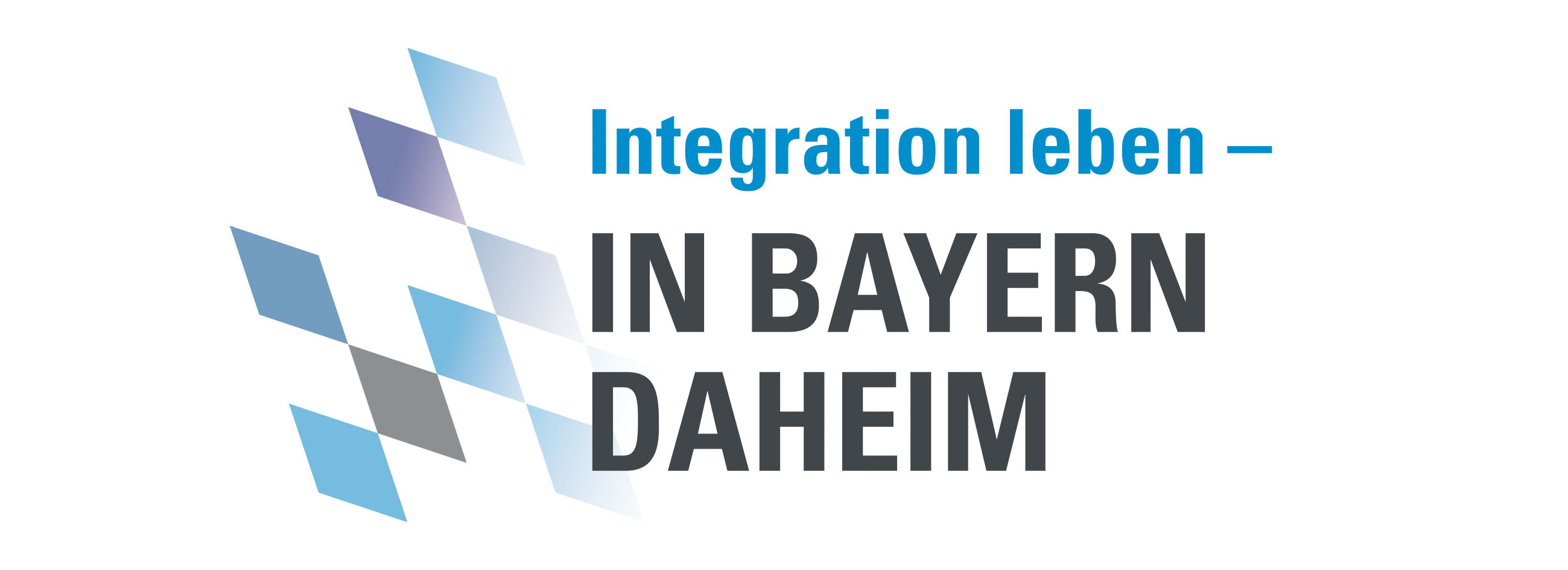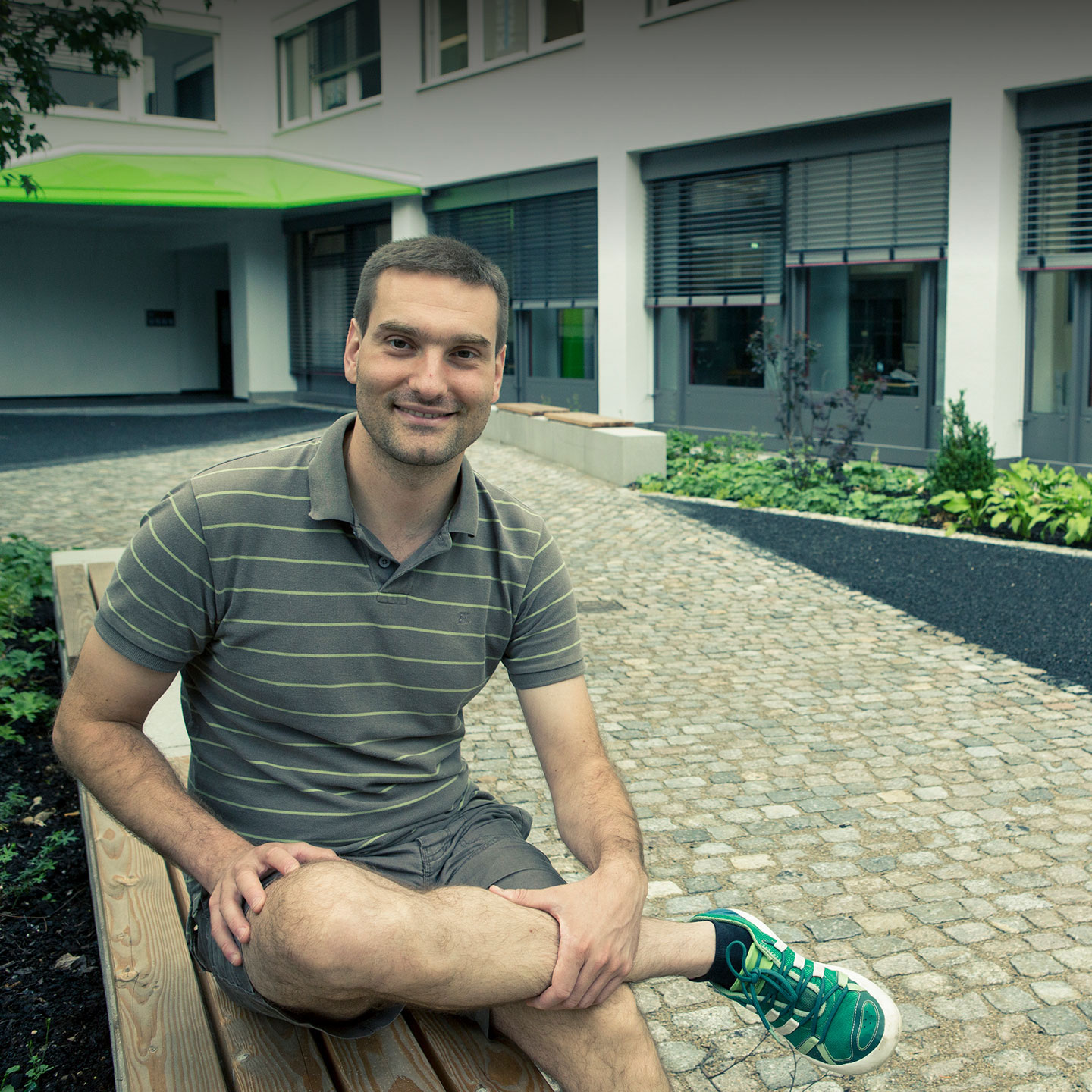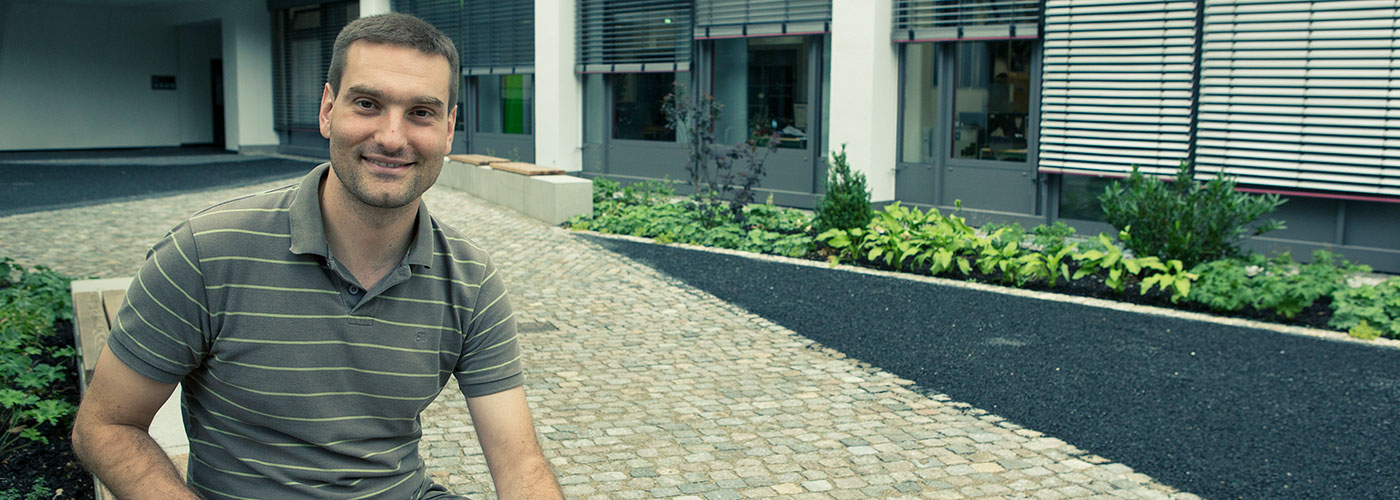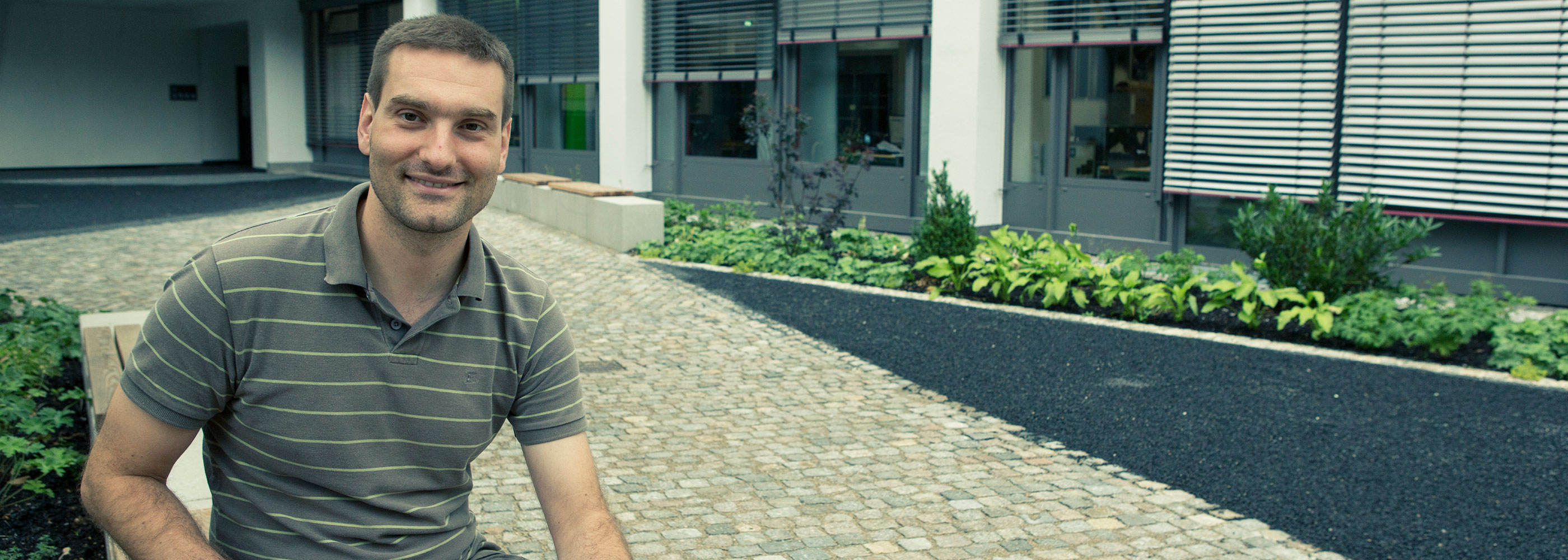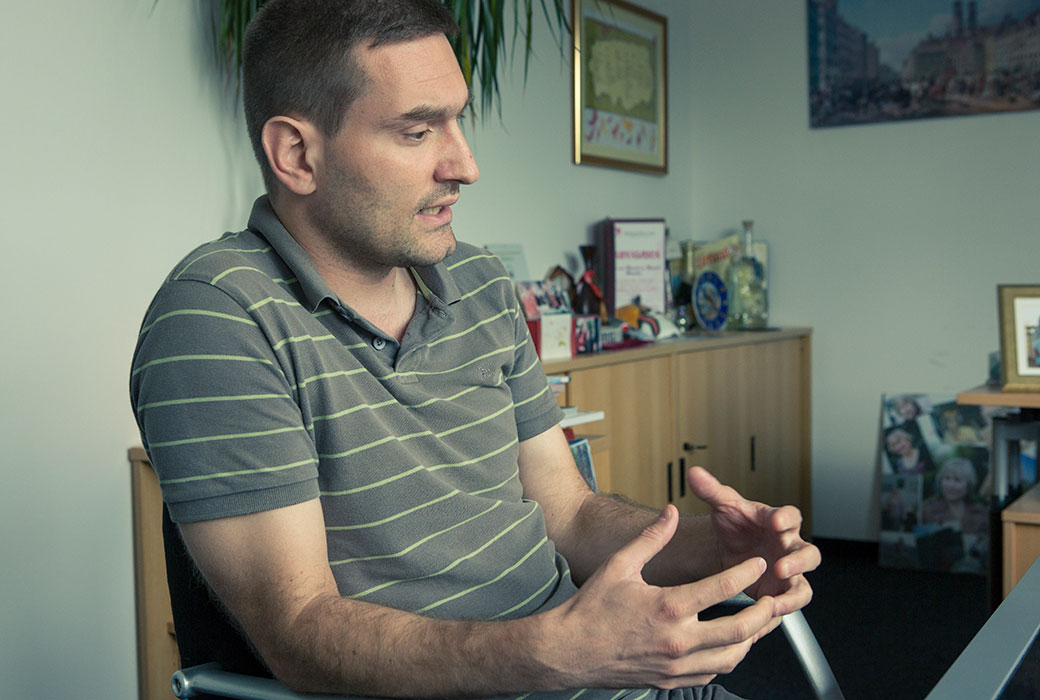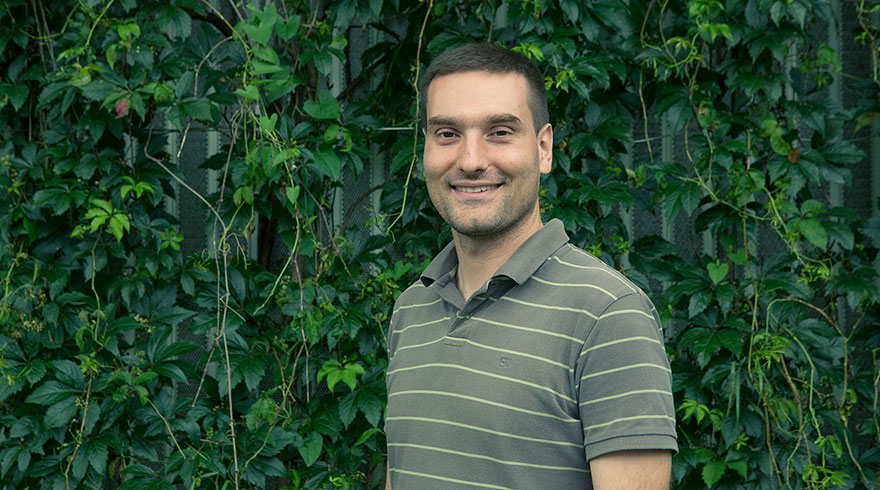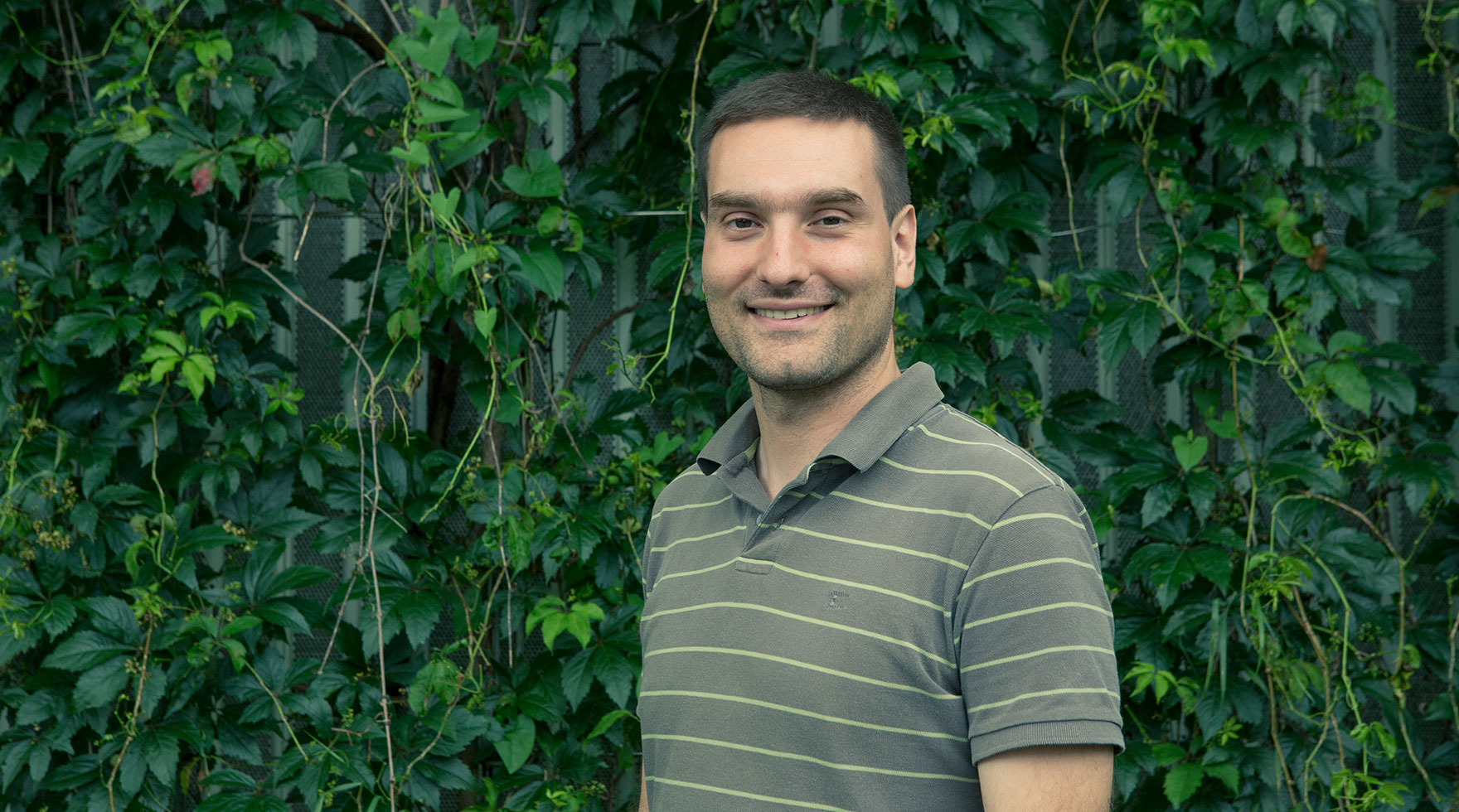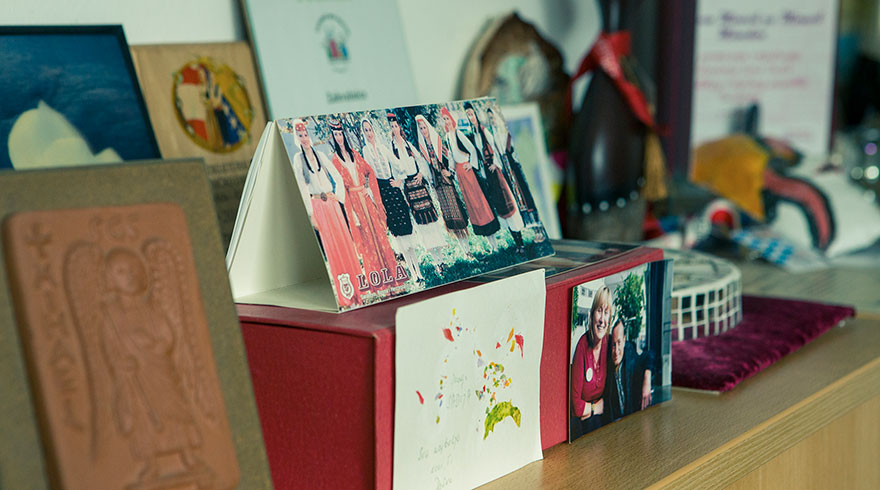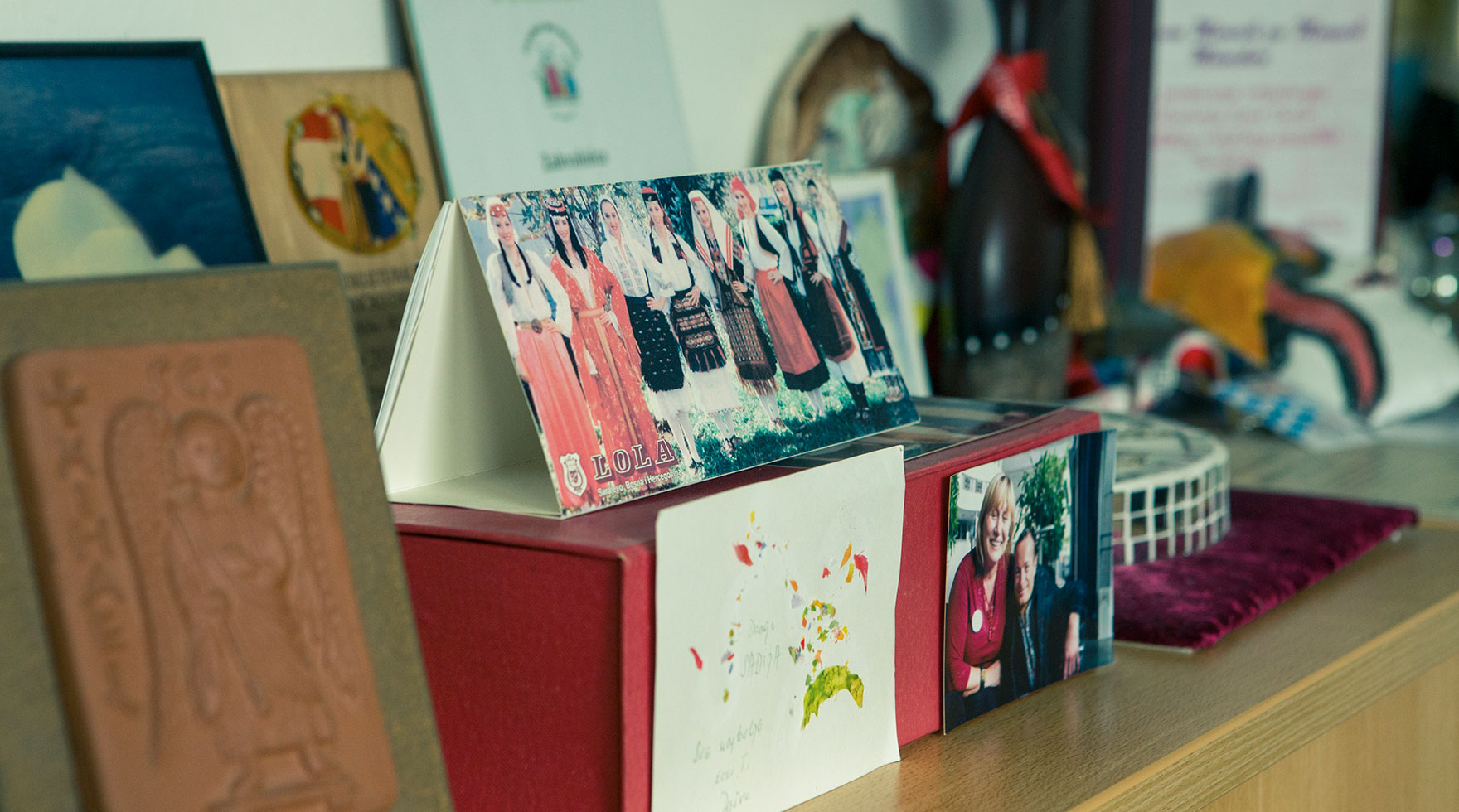
Main content
How a new sense of togetherness develops
As a social worker for asylum seekers at the Haar air dome near Munich, Kresimir Mostarcic is one of the first locals that refugees come into contact with in Germany. He talks about his experiences in the following interview.
The interview was conducted in 2016.
As a social worker for asylum seekers with the association “Hilfe von Mensch zu Mensch e.V.” at the Haar air dome near Munich, Kresimir Mostarcic is much more than just an advisor for the refugees. “I am a councillor, pastoral worker, brother, friend and father”, says the social worker with Croatian roots who was born in 1981. Above all, he sees himself as the “gateway to Germany”. The following interview explains what the trained dentist means and why he is convinced that the integration of refugees into Germany will be successful:
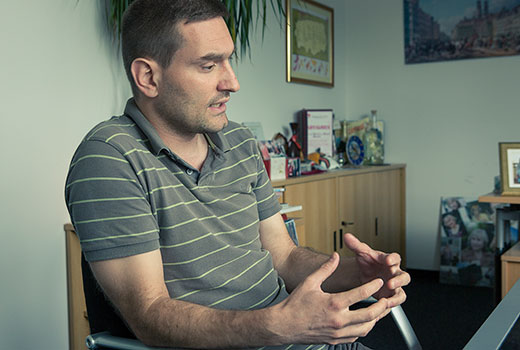
- Mr Mostarcic, what do you mean by “the gateway to Germany”?
-
Social workers for asylum seekers are some of the first people that the refugees come into contact with in Germany. I can teach them the rules according to which our society functions. And I can demonstrate to them how important it is for them to learn German.
- Is language the decisive factor for integration?
-
Understanding develops through communication. But it does not only depend on language. It also depends on whether refugees find German friends and whether they one day think of themselves as German citizens. My family originally comes from Croatia and the third generation is now living in Munich. That is why I probably have a special insight into the subject of migration.
- How is it to grow up as a German with a migrant background?
-
I believe that I had to prove myself more, especially at secondary school. I understand the problems that many asylum seekers face acclimatising to a new culture and understanding a different mentality. Not every person is able to immediately fit in.
- On a scale from 1 to 10: how far have we come with the integration of refugees?
-
I would say about a 4.5. We are almost half way there! The basic needs of the refugees are covered. Now they are starting to take the next step into society.
- Is this not the real challenge?
-
For those people who have lost everything in war, the main thing initially is for them to be able to live in peace with a roof over their heads and with enough food to eat. But without doubt, it is a challenge. Yet I am optimistic.
- How is a sense of togetherness between locals and refugees developed?
-
By networking different areas of life – school, work and leisure. There are already lots of fantastic projects. In Haar, refugees and locals go jogging together and play football, or they meet up to play table tennis or cook together. We have also been able to find many jobs for refugees. They are working, for example, as harvesters, at pizza delivery companies or delivering newspapers.
- If you could issue a rallying call to the local people of Bavaria, what would it be?
-
Support and challenge. Many fantastic accomplishments have been made in Germany such as freedom, equal rights, democracy and legal certainty. Germany has also learnt from its history. Our society is built on these principles. We now need to explain to refugees how important these values are to us. They need to understand that it is precisely because of these things that Germany functions so well.
- And what would your rallying call to refugees be?
-
They found themselves in a state of crisis and German society has taken them in. The task for refugees is now to embrace this “welcome”. In order to be able to remain here, they also have to change to some extent and not only respect our culture and our values but also live within them.
“In order to be able to remain here, refugees also have to change to some extent and not only respect our culture and our values but also live within them.”
